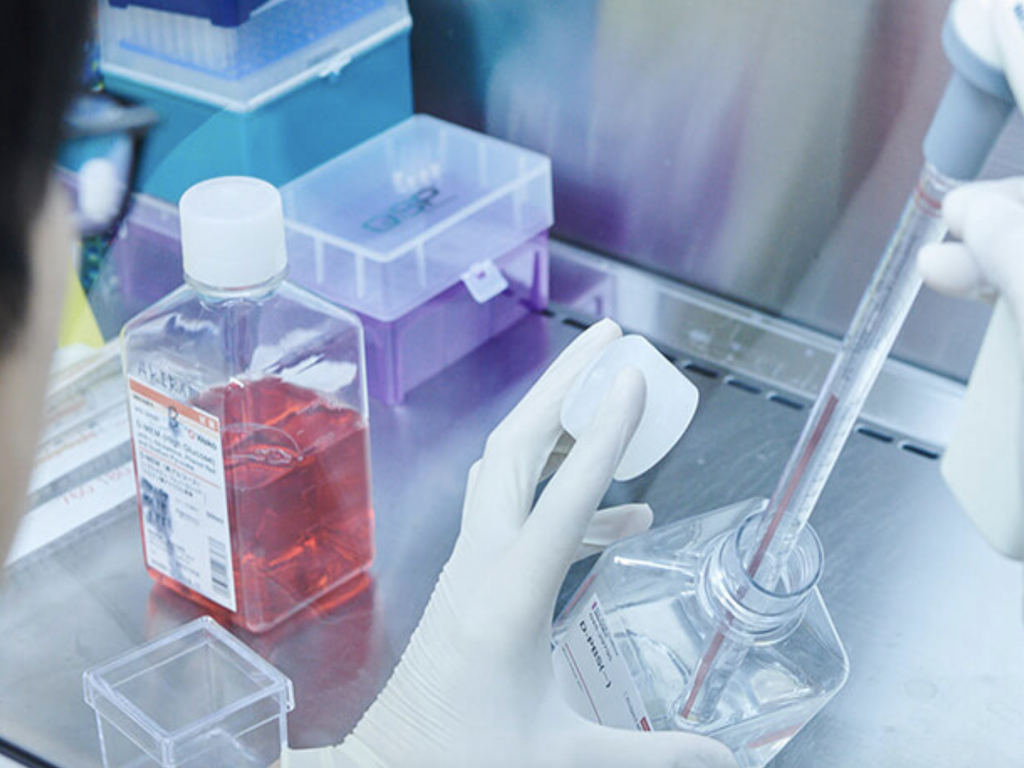IntegriCulture Gets US$2.2M Government Grant To Build Cell-Ag Facility
2 Mins Read
Japanese food tech IntegriCulture Inc. has been awarded a ¥240 million (US$2.2 million) grant from the government’s Ministry of Economy, Trade and Industry to build its commercial cellular agriculture facility. Constructing its commercial bioreactor will mark a huge step forward in the company’s goal to launch its first publicly available cultivated product.
The grant money was awarded to IntegriCulture under the Product Commercialisation Alliance (PCA) program, which is run by the Ministry’s innovation accelerator, New Energy and Industrial Technology Development Organisation (NEDO). This year, the program awarded a total of ¥5.77 billion (US$54.7 million) to startups all over Japan to help them get their products to market.
In an announcement, IntegriCulture says that it will be using the grant to build its commercial production facility for cell-cultured products. In early May, IntegriCulture launched two cell-based infrastructure solution packages named the “Uni-CulNet” technology, which provides clients with a low-cost and accessible framework to jointly develop animal-free alternatives for all ingredients across different industries, from food to cosmetics.
The Tokyo-based startup, which was founded by Dr. Yuki Hanyu in 2015, has previously debuted in a tasting its first cultivated meat product – cell-culture foie gras. With its first production facility, the company hopes to deliver its cultivated cosmetic product, a cultured serum, direct to consumers by as soon as Spring next year. Cultivated steak and processed meat are also in the pipeline from 2021 to 2023.
In late May, IntegriCulture’s technology attracted a whopping US$7.4 million in a Series A round, breaking records as the largest publicly disclosed Series A by any alternative protein company within the Asian region. At the time, the company revealed that further milestones after developing cultivated meat and cosmetics would be developing cell-based leather, fur and products for medicinal applications too.
Cultivated food techs have garnered a greater show of support in recent months in the wake of the coronavirus pandemic, which has exposed the vulnerability of traditional animal agriculture and other animal-dependent industries. As a safer, healthier and more sustainable method to produce protein, the sector has been increasingly viewed as a turnkey solution to bolster food security, with the Japanese authorities signalling that it will draw up rules and regulations for cultivated foods.
Other governments have also made similar strides, most recently the USDA and FDA’s announcement that it will soon start the rule-making process, which followed discussions amongst Chinese officials to support the cultivated protein industry.
Even prior to the pandemic, cellular agriculture had been gaining momentum as one of the alternative protein solutions to help feed a climate-stricken planet of 10 billion people by 2050. Currently, the conventional animal agriculture industry generates 18% of global greenhouse gas emissions and uses up 70% of the world’s agricultural land.
Lead image courtesy of IntegriCulture.




